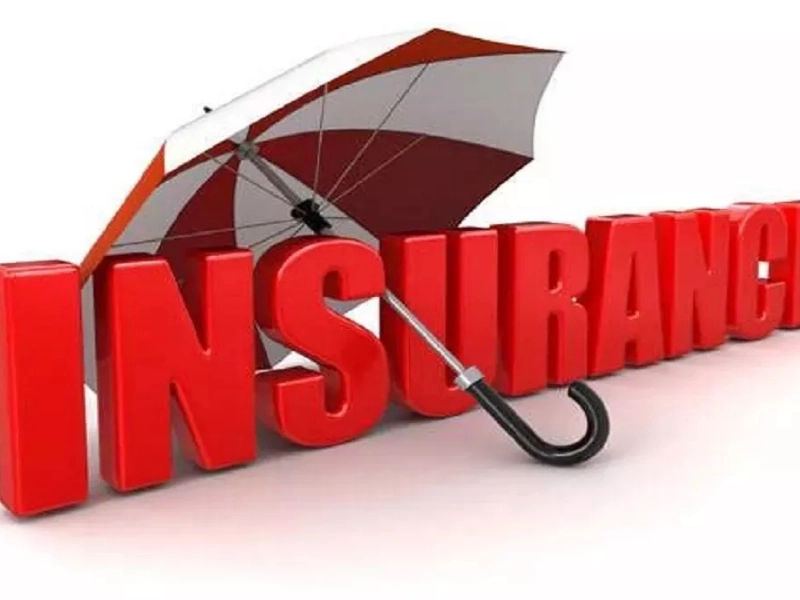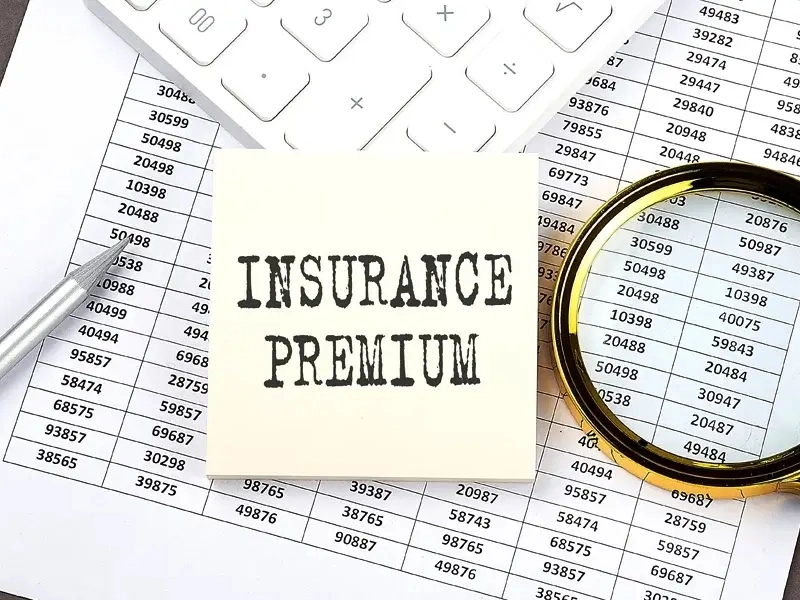While personal liability insurance protects individuals from accident claims, commercial liability insurance assists in protecting business owners from monetary loss. Typically, they include advertising, personal injury, buildings and operations, and completed work coverage. Lawsuits and medical expenses can quickly destroy a company's savings. The good news is that these unanticipated costs will be covered by a liability policy, subject to policy limitations.

 The expense of rebuilding or repairing any construction on your land that isn't connected to your home is covered by insurance against property damage. This is known as "Coverage B" and is 10% of the maximum dwelling coverage amount that homeowners insurance plans cover.
Liability insurance pays out only when you are at fault; property damage payments are paid out on an occurrence basis, regardless of your guilt. Your property damage insurance will pay for the required repairs if you accidentally set fire to the wood shed or damage someone's Porsche with your lawnmower.
Another typical element of homeowners insurance is "other structures" coverage, which protects outbuildings like fences, sheds, greenhouses, and in-ground swimming pools from the same risks that could damage your home. However, if you utilize these structures for business, you need to get separate coverage for your home-based enterprise. Because of this, it's imperative that you consult with an experienced local attorney to make sure your policy appropriately reflects your intended use of the land.
The expense of rebuilding or repairing any construction on your land that isn't connected to your home is covered by insurance against property damage. This is known as "Coverage B" and is 10% of the maximum dwelling coverage amount that homeowners insurance plans cover.
Liability insurance pays out only when you are at fault; property damage payments are paid out on an occurrence basis, regardless of your guilt. Your property damage insurance will pay for the required repairs if you accidentally set fire to the wood shed or damage someone's Porsche with your lawnmower.
Another typical element of homeowners insurance is "other structures" coverage, which protects outbuildings like fences, sheds, greenhouses, and in-ground swimming pools from the same risks that could damage your home. However, if you utilize these structures for business, you need to get separate coverage for your home-based enterprise. Because of this, it's imperative that you consult with an experienced local attorney to make sure your policy appropriately reflects your intended use of the land.
 A corporation can be protected against direct financial losses stemming from criminal activity by the coverages included in a commercial crime policy. These policies typically offer coverage for damages discovered during the policy's term and feature a discovery trigger.
Fund transfer fraud, robbery, safe burglary, forgery and modification, and employee dishonesty—also referred to as commercial crime—are typical coverages. For losses resulting from computer fraud as well as software restoration and destruction, there are additional coverage possibilities. An optional ERISA bond may be provided to provide further protection against dishonest activity by employees acting as plan officials for ERISA employee benefit funds.
Together, a crime policy and fidelity/ERISA bond can provide a company with a full range of coverage. The purpose of these insurance policies is to fill in the gaps left by standard general liability and property coverage. For example, a company that sends contractors to visit clients at their homes and get private information, such as retirement plans, may need first-party crime coverage to protect against theft and forgeries by contractors.
A corporation can be protected against direct financial losses stemming from criminal activity by the coverages included in a commercial crime policy. These policies typically offer coverage for damages discovered during the policy's term and feature a discovery trigger.
Fund transfer fraud, robbery, safe burglary, forgery and modification, and employee dishonesty—also referred to as commercial crime—are typical coverages. For losses resulting from computer fraud as well as software restoration and destruction, there are additional coverage possibilities. An optional ERISA bond may be provided to provide further protection against dishonest activity by employees acting as plan officials for ERISA employee benefit funds.
Together, a crime policy and fidelity/ERISA bond can provide a company with a full range of coverage. The purpose of these insurance policies is to fill in the gaps left by standard general liability and property coverage. For example, a company that sends contractors to visit clients at their homes and get private information, such as retirement plans, may need first-party crime coverage to protect against theft and forgeries by contractors.
 Liquor liability insurance is usually mandated by law for establishments that sell alcohol. Commercial general liability is often covered by the package. It guards against damage to property and bodily danger brought on by intoxicated visitors. It also pays for related settlements, awards, and court expenses.
Insurance for bars, nightclubs, restaurants, and catering services is crucial, and it's provided not only to organizations that allow alcohol on their property—such as country clubs, private fraternal societies, and some commercial property owners who lease to these establishments. Liquor liability policies typically do not cover sexual assault and harassment, although they can be obtained with an endorsement.
Insurance companies such as Biberk often offer liquor liability insurance as an add-on to business general liability coverage, but it is also available for purchase individually. Asking your agent or insurance company about your options is a wise move. It may be a good idea to have this coverage, as it can be very costly to defend against lawsuits resulting from incidents involving alcohol.
Liquor liability insurance is usually mandated by law for establishments that sell alcohol. Commercial general liability is often covered by the package. It guards against damage to property and bodily danger brought on by intoxicated visitors. It also pays for related settlements, awards, and court expenses.
Insurance for bars, nightclubs, restaurants, and catering services is crucial, and it's provided not only to organizations that allow alcohol on their property—such as country clubs, private fraternal societies, and some commercial property owners who lease to these establishments. Liquor liability policies typically do not cover sexual assault and harassment, although they can be obtained with an endorsement.
Insurance companies such as Biberk often offer liquor liability insurance as an add-on to business general liability coverage, but it is also available for purchase individually. Asking your agent or insurance company about your options is a wise move. It may be a good idea to have this coverage, as it can be very costly to defend against lawsuits resulting from incidents involving alcohol.